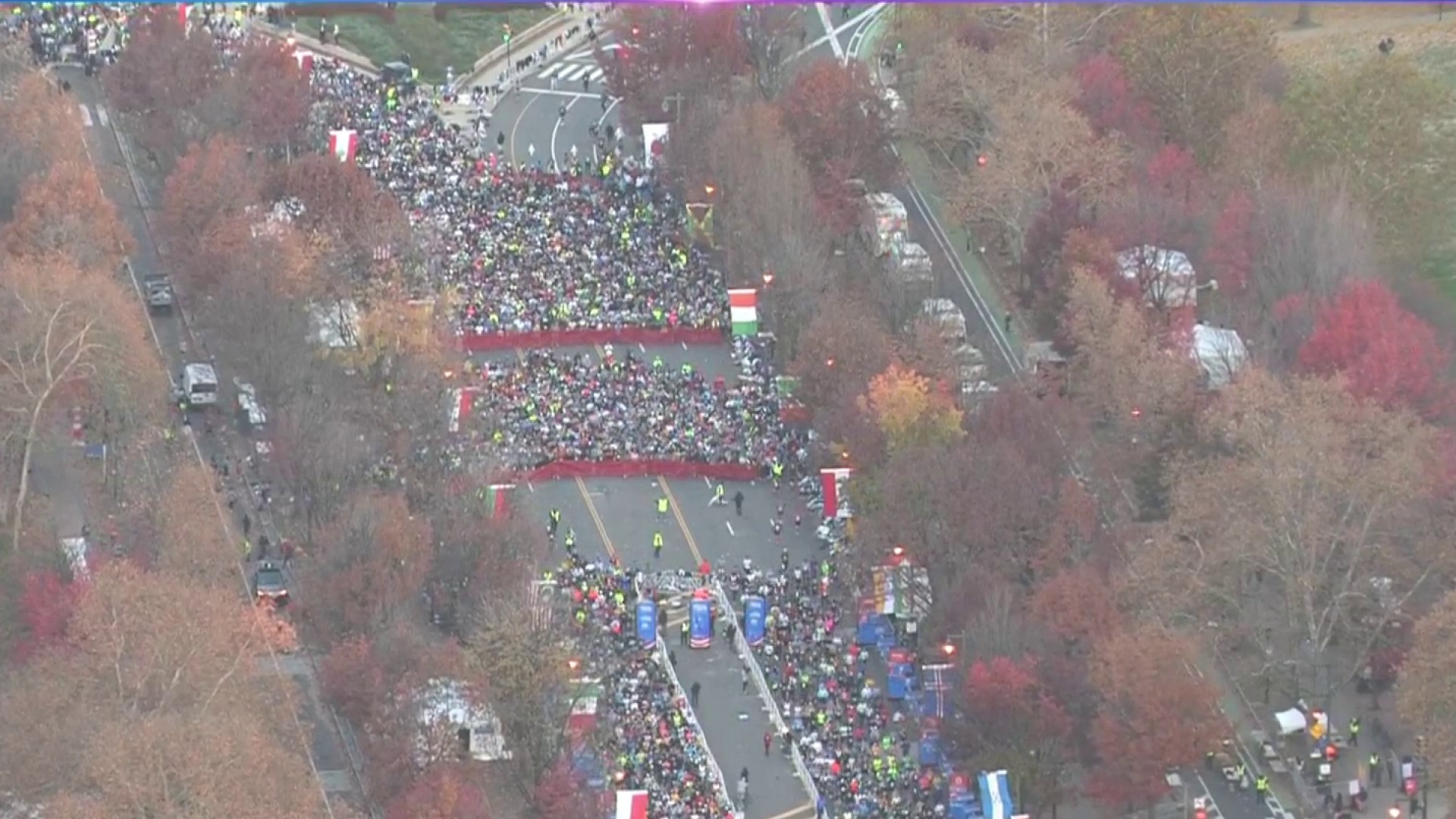An issue that, for years, had little oxygen keeping it alive could become the talk of Pennsylvania's Capitol during June's long, humid days of budget-making.
Some top Republican lawmakers have joined an effort to overhaul how Pennsylvania draws its legislative and U.S. House district boundaries, now that the state's highest court dealt those same Republican lawmakers a stinging loss in a congressional gerrymandering case that made national headlines.
Here's the catch: There is a tight deadline to win approval from the Republican-controlled Legislature for a politically thorny concept.
If no bill passes in the coming weeks, it becomes a practical impossibility to amend the constitution to change the district-drawing process before 2022's elections, when every state must draw new boundaries to account for decade-long population shifts identified in the Census.
"I'm not even thinking that far ahead,'' said Senate State Government Committee Chairman Mike Folmer, R-Lebanon, who is working to shepherd a bill through his chamber. "I want this done by July 6.''
For years, a handful of lawmakers _ primarily Democrats _ and advocacy groups have pressed the case to create an independent citizen line-drawing commission, in theory to take politics out of the process.
That cause picked up new supporters after Republicans who controlled the Legislature and the governor's office in 2011 produced what was widely viewed as one of the nation's most gerrymandered maps of congressional districts.
Local
Breaking news and the stories that matter to your neighborhood.
Republicans hit a home run with that map: GOP candidates won 13 of Pennsylvania's 18 U.S. House seats in three straight elections during a period when Democrats won 18 of 24 statewide elections.
However, the state Supreme Court's new Democratic majority overturned that map earlier this year, and imposed a new one that Democrats now hope will help them pick up several seats and retake control of the U.S. House in November.
That propelled some Republicans to change the system, albeit for a different reason: to prevent the court from drawing districts again.
For now, Pennsylvania is like most states, where lawmakers and the governor draw new congressional districts through legislation. Under the state constitution, a five-member commission of mostly political appointees draws new legislative districts.
The first step down the long path to amending the Pennsylvania Constitution involves getting a bill through both chambers and advertising the proposed amendment in newspapers statewide at least three months before this year's Nov. 6 election, or Aug. 6, as is constitutionally required.
Senate officials say that will require passing a bill by July 6 to give state election officials time to get it advertised.
The beginning of June typically kicks off the Legislature's month-long budget sprint, a whirlwind of closed-door deal-making over hundreds of pages of budget-related legislation.
Come June 30, lawmakers are eager to leave the Capitol for the summer. Still, lawmakers will be in session every week in June, leaving time for policy debate.
House Speaker Mike Turzai, R-Allegheny, said Wednesday that the congressional line-drawing process _ although not necessarily the legislative line-drawing process _ must change to thwart another court-drawn map. But the Turzai-led House has repeatedly rejected efforts to work with Democrats or advocacy groups to create a commission, and Turzai laid down markers that will be difficult for lawmakers to achieve before July 6.
Any debate about it must be transparent and robust, Turzai said, and it must involve studying the results in the handful of states where commissions draw congressional districts.
"Any review less than that is irresponsible to the citizens of Pennsylvania,'' Turzai said.
Meanwhile, top Republicans are considering asking the U.S. Supreme Court to take up a challenge to the state court's redrawing of districts, but have quietly let talk of impeaching Democratic Supreme Court justices dissipate.
House Majority Leader Dave Reed, R-Indiana, has introduced a bill to create a line-drawing commission. However, the House has not held hearings or even closed-door caucus debates on the subject.
In the Senate, a bill that would create commissions to draw congressional and legislative districts passed Folmer's committee on May 22. Folmer said he is now working on amendments to resolve differences among advocacy groups that want an independent commission.
Democrats in the Senate could be critical to passing any such bill, and some are balking at Folmer's plan.
It provides such broad involvement by lawmakers in approving commission members that Minority Leader Jay Costa, D-Allegheny, questioned whether the commission could really be considered independent, unless substantial changes are made.
"What it looks like remains to be seen,'' Costa said.



